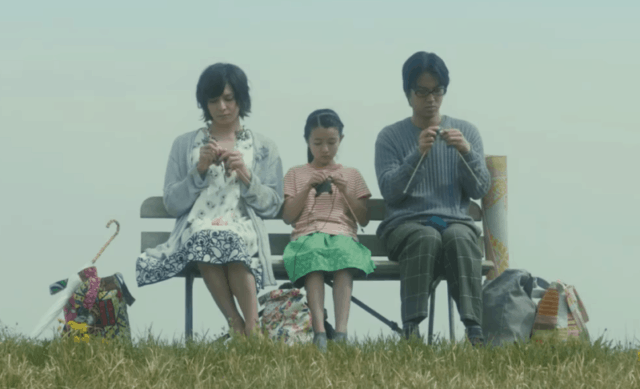
Trans life is still a big issue throughout the world, but it is slowly becoming seen as more acceptable by many cultures. In Japan however it is still a bit of an issue as it is a stigma that is often portrayed in a comedic fashioned and shown as exceedingly effeminate. In Close Knit the idea is that trans life is not any different from that of anyone else’s save that such individuals do in fact share very difficult challenges in terms of societal acceptance. For quite some time now trans individuals have been coming out more and more in Japan, but the lifestyle is still seen as an oddity in some ways and has not yet been fully accepted. Close Knit is a very deep and emotional film that showcases the need for acceptance and the very real struggle between all parties that are affected by trans life.
It is difficult to see how such issues affect other cultures until you take a good look outside your own boundaries. This is why Close Knit is such an important film, and why you should take a look.
It’s one of Japan’s first mainstream LGBTQ film.
There have been other attempts at making such a film in Japan, but none of them has reached the level that Close Knit has for several reasons. The idea of an LGBTQ film has long been clouded by social stigma and the belief that the general public is simply not ready for such a movie. Close Knit is an effort, and a successful one thus far, to reach people on a different level concerning the reality of those that live as trans individuals.
It defies the conventional role of trans women.
In many instances trans women are seen to stick to comedy and dramatic roles that offer some form of humor to supposedly lighten the subject matter and make it more amenable to the audience. What this does unfortunately is to further alienate trans individuals from society by creating a stereotype that is not at all true. Close Knit brings the role of the trans woman into full development as Rinko is shown to be a caring and attentive individual that was born a boy but identifies as a woman. Her attitudes are no different than any other person and like anyone she seeks acceptance without reservation.
The knitting is symbolic in a very important way.
Rinko is obviously a character that gets stressed just like anyone else and must find a way to keep herself calm and composed lest she fall into the trap of depression or anxiety due to the manner in which society views her. By showing Tomo how she knits to keep herself together she is able to in effect teach the young girl a very important bonding method that helps to bring their family close together and remind them all that the ties that bind them are stronger than any outside influence.
Close Knit looks to be a very deep and engaging look into the life of a trans woman and several other individuals that are affected by this lifestyle and choice. It is no doubt going to be an eye opener and a very touchingly powerful story.
 Follow Us
Follow Us





